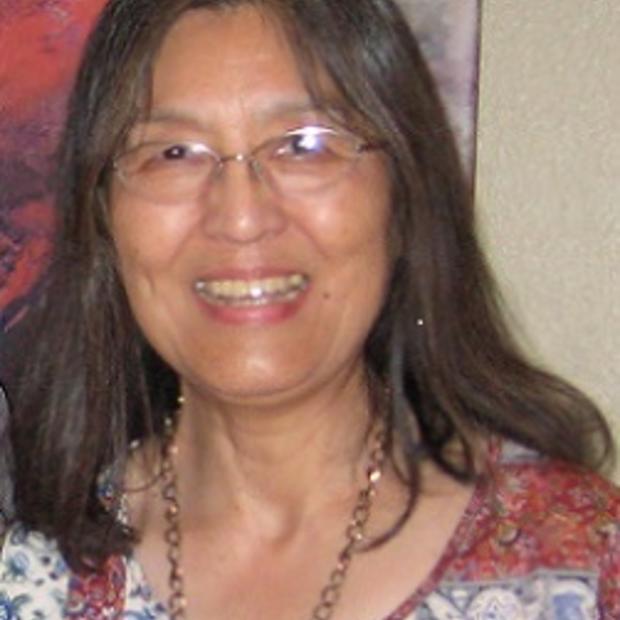On top of the Port of Seattle offering the shortest shipping route to China and Boeing selling airplanes to China as early as 1972, Washington state was then home of the two China-friendly U.S. senators, Warren Magnuson and Henry “Scoop” Jackson. While Maggie advocated normalization with China soon after Mao proclaimed a New China in 1949, Scoop was perhaps the first American politician to announce his support during Deng’s visit, as The Seattle Times reported, of the most favored nation (MFN) trade status for China.
With his famous phrase of pragmatism, “Black or white, it is a good cat if it catches mice,” Deng’s priorities were clear: China’s economic and technological development. To a luncheon crowd of 600 in Seattle, Deng said, “The Pacific, instead of a barrier, should henceforth serve as a link.” He saw the potential of Washington, and Washington embraced him with action.
That year, Gov. Dixy Lee Ray undertook the first trade mission of any state to China. The Liu Lin Hai, the first Chinese cargo ship, docked in Seattle. And the Washington State China Relations Council, the first such statewide business organization focusing on China, came into being.
That year, total U.S.-China trade was $1 billion. By 1988, as the Seattle Post-Intelligencer reported at the time, Washington’s trade with China alone reached $2 billion. But politics would get in the way in 1989, with the crackdown of Tiananmen, under Deng, for whom economic development was everything.
Congress passed the so-called “Tiananmen sanctions,” including export controls on goods that could be used for military, as well as commercial, purposes and bans on arms sales. Under threat was China’s MFN, which had benefited Washington companies from Boeing to Weyerhaeuser to ITT Rayonier.
The Washington State China Relations Council, representing those companies, made this statement, “The Council deplores the Chinese Government’s brutality in using military force to suppress the unarmed demonstrators, but at the same time opposes the imposition by the U.S. Government of economic sanctions against China.” It continued, “What we need now is more — not less — contact with China.” The council went on to lobby Congress, which eventually renewed China’s MFN for 1990.
In the same spirit, Washington state retained its friendship ties with province of Sichuan, as did Seattle with the city of Chongqing.
The best example of Washingtonians balancing China trade and politics was perhaps a comment by the attorney Stan Barer, whose effort made possible Liu Lin Hai’s docking. At the China Relations Council 25th anniversary event, then-U.S. Ambassador to China Clark T. Randt Jr. criticized China’s human rights. Barer stood up and said, well, there was also Abu Ghraib.
Over the years, Washington came to export more to China per capita than any other state, often with a surplus. In 2014, Washington’s Chinese exports reached a record of more than $20 billion, with imports from China at $8 billion. For 2017, exports to China were $18 billion while imports were $14.5 billion. Then came the trade war in 2018.
With China’s retaliatory tariffs threatening $1.8 billion worth of state’s exports, including $86 million in damages for cherries alone, Gov. Jay Inslee criticized President Donald Trump’s tariffs on Chinese imports as erratic, unilateral and undermining everything Washington had done to build up markets for the state’s world-class products. U.S. Sen. Maria Cantwell, D-Wash., wanted a more sophisticated approach to address trade disputes with China, not the stomp-your-feet-and-feel-good kind.
However, with a very different China under Xi Jinping today, U.S.-China differences are also far beyond trade, or even human rights. They are strategic, ideological, cybersecurity-related and more, creating greater uncertainty for Washington-China trade.
Whether China and the United States can achieve a hoped-for trade deal come March 1, the end of their 90-day trade negotiation effort, it might be useful to recall the words of the former president of the Washington State China Relations Council, Joe Borich, from 1999, when China was negotiating with the U.S. to join the World Trade Organization. “The bandwidth tends to be a bit longer in subnational relations. Whatever the [Chinese] differences with Washington, D.C., we tend to be more practical and less polemic in our dealings with China.”
With the Justice Department’s latest indictment of Chinese telecom giant Huawei on charges of conspiring to steal trade secrets from local champion T-Mobile, Washington’s practicality will be tested.




